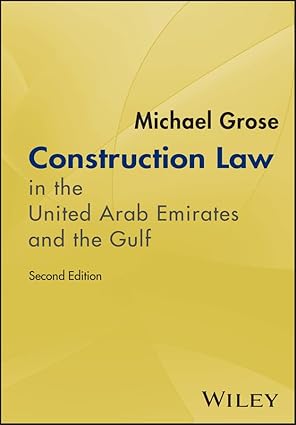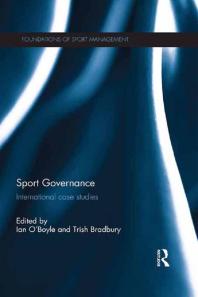Though Denmark was once an imperial power, it was only ever a minor one. For that and other reasons the imperial past figures but little in histories of Danish nationhood.(1) As other European states extended their influence and expanded their territories overseas in the age of ‘high imperialism’ Denmark was adapting to the loss of territory, through war, to Prussia and Austria in 1864. By its protracted and difficult nature, that process of adaptation tended to obscure the extent to which some of Denmark’s connections with the world outside Europe – not all of them strictly imperial – were characterised by continuity rather than disruption. Momentous for Denmark as a whole, 1864 was, for different reasons, an especially significant date for the Danish Missionary Society; in that year the DMS established a small mission in the Tamil Nadu region of south India. Though the mission’s initial impact may have been slight, according to Karen Vallgårda its repercussions would ultimately be felt not only in the locality but also, to possibly greater effect, in Denmark itself.
چکیده فارسی
اگرچه دانمارک زمانی یک قدرت امپراتوری بود، اما همیشه یک قدرت کوچک بود. به همین دلیل و دلایل دیگر، چهرههای گذشته امپراتوری اما در تاریخ ملیت دانمارک کم است.(1)< /a> همانطور که سایر کشورهای اروپایی نفوذ خود را گسترش دادند و قلمروهای خود را در خارج از کشور در عصر "امپریالیسم بالا" گسترش دادند، دانمارک با از دست دادن قلمرو، از طریق جنگ، به پروس و اتریش در سال 1864 سازگار شد. به دلیل ماهیت طولانی و دشوار، آن روند انطباق تمایل داشت تا حدی را مبهم کند که برخی از ارتباطات دانمارک با جهان خارج از اروپا - نه همه آنها کاملاً امپراتوری - با تداوم و نه اختلال مشخص می شد. برای کل دانمارک، سال 1864، به دلایل مختلف، تاریخ بسیار مهمی برای جامعه مبلغان دانمارک بود. در آن سال DMS یک ماموریت کوچک در منطقه تامیل نادو در جنوب هند تأسیس کرد. اگرچه تأثیر اولیه این مأموریت ممکن است اندک بوده باشد، به گفته کارن والگاردا، عواقب آن در نهایت نه تنها در محل، بلکه احتمالاً در خود دانمارک نیز احساس می شود.
ادامه ...
بستن ...










